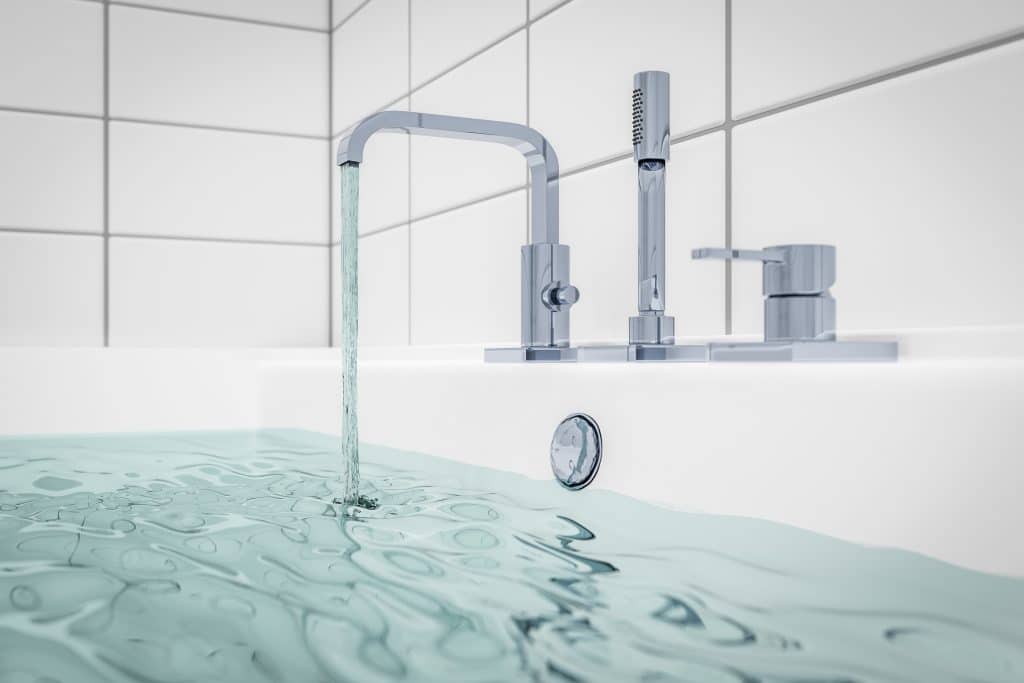Your Guide to Hard vs Soft Water
The water we get from the ground comes to us with contaminants. It is never pure water. Often, the water will have absorbed minerals during its movement through the earth. The higher the concentration of minerals, the harder the water is said to be.
Hard and soft water behave differently and even taste different. However, there is no clear consensus as to which one is better than the other. Hard water has some advantages, while soft water also has its benefits. The choice between the two comes down to what the individual wants from his or her water.
Advantages of Hard Water
- Healthy minerals, no sodium. Sodium makes soft water a poor choice for people on a heart-healthy diet. The minerals in hard water, like magnesium and calcium, are good for the body, too.
- Cleans skin better. Hard water is abrasive, which means it cleans the skin more easily and rinses the soap away with less effort.
- Cleaner taste. Many people prefer the cleaner taste of water with minerals like magnesium and calcium in it, as opposed to sodium.
Advantages of Soft Water
- Softer on skin and hair. Soft water is gentler on skin and hair, leaving them more hydrated and shinier looking.
- No buildup. Your tub and sink won’t need a scrub down from all the residue that hard water leaves.
- Better for appliances. The lack of buildup is better for appliances, making them work less hard, need fewer repairs and last longer.
- Better for clothes. Being less abrasive, soft water does not make colors fade and lets soap do its job better.
Hard water has some health benefits when we drink it, but soft water is gentler on the outside of the body. Soft water is easier on appliances and cleans dishes better, but you might need to use more of it when you shower and many find that hard water has a cleaner taste. Soft water might also be inappropriate for people with certain health conditions. The choice is up to the individual.

